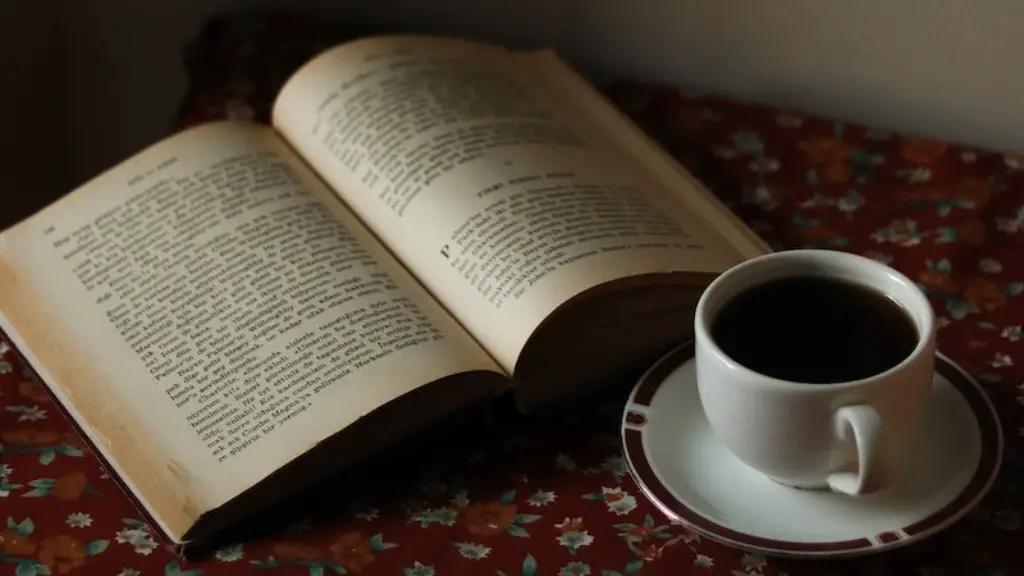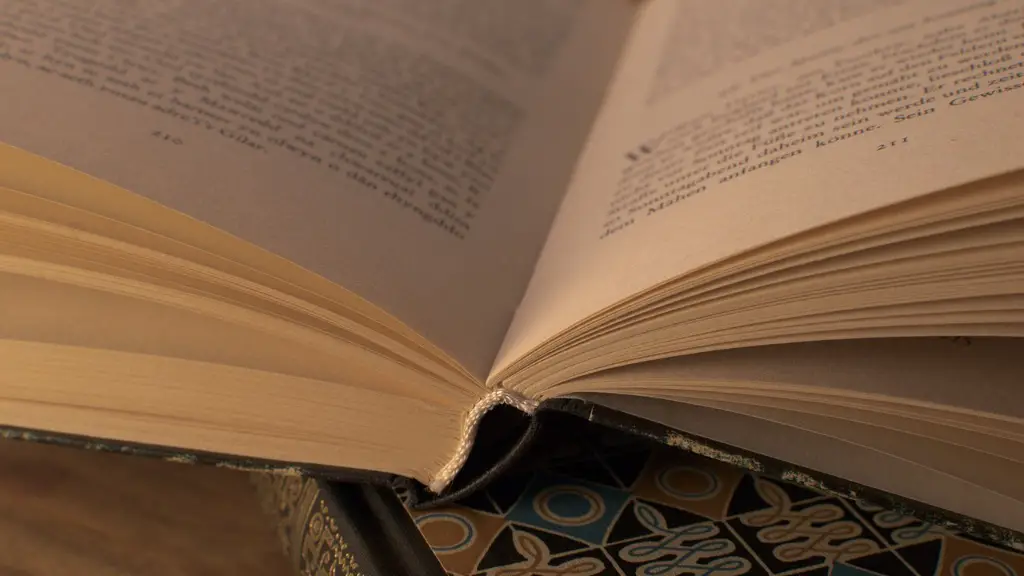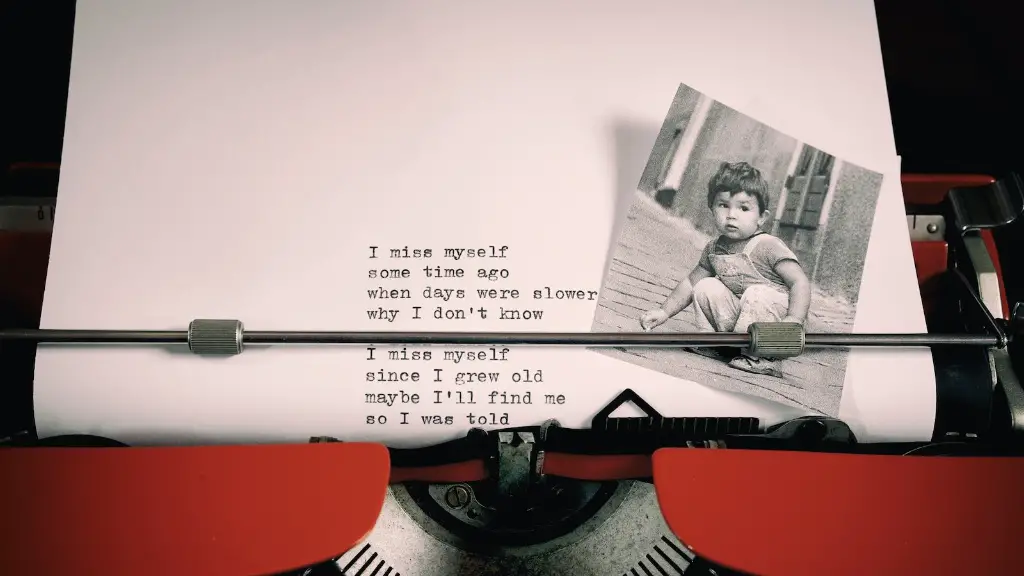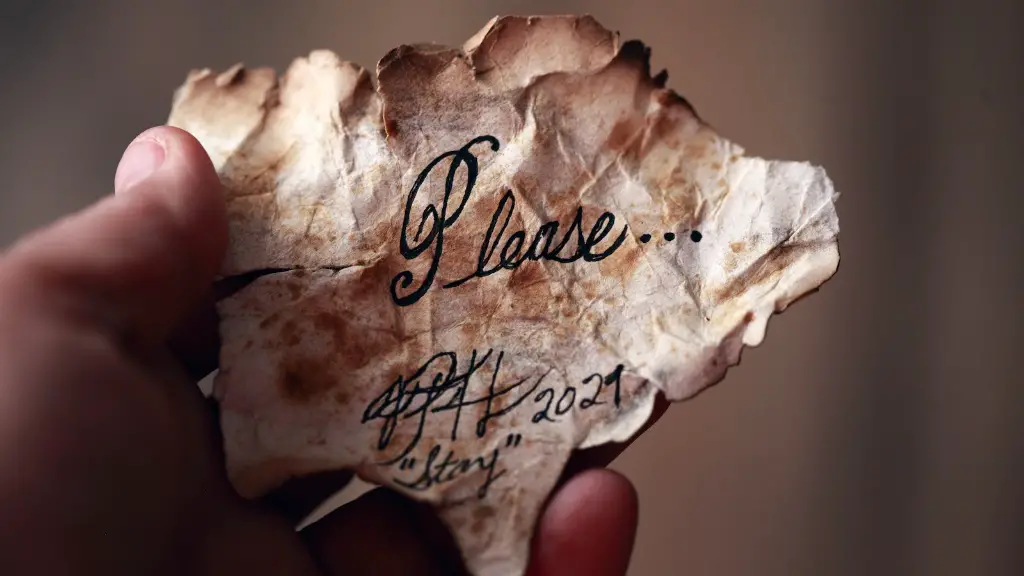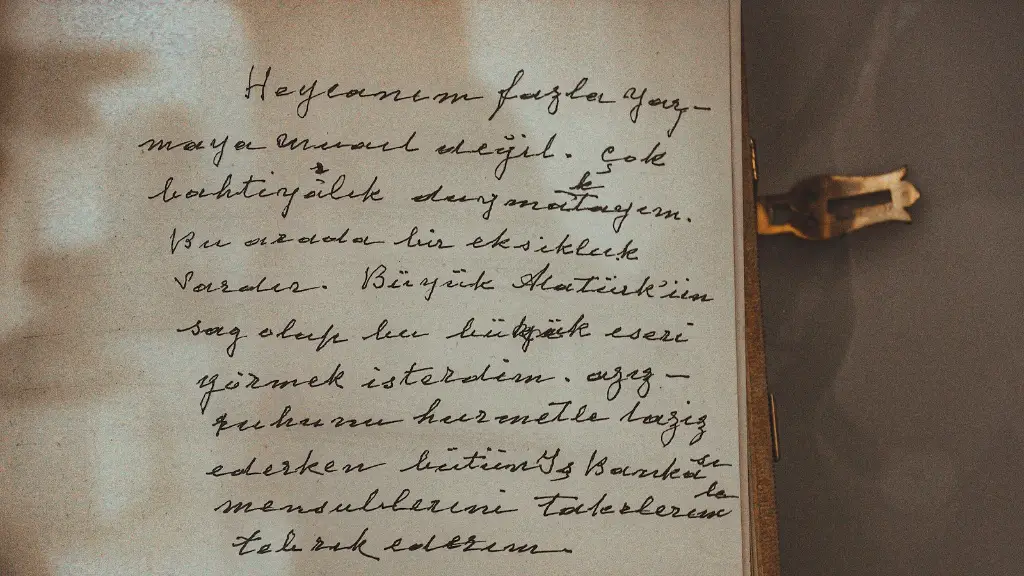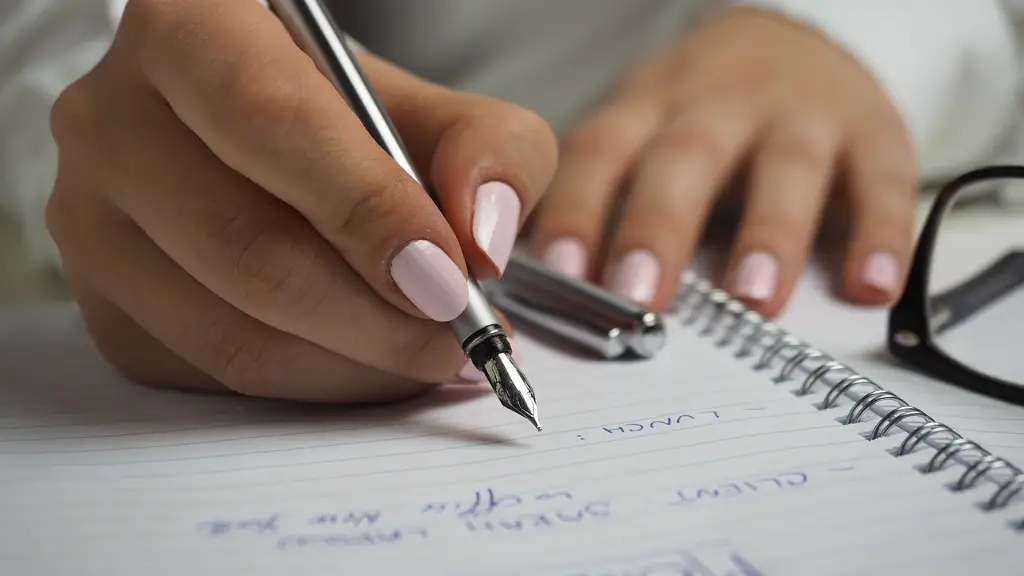How Does Poetry Performance Express?
Poetry performance is a form of art in which poets use their words to convey meaning and emotion to an audience. Through vocal delivery, gestures, facial expressions, and literary devices, performers can create a powerful emotional and intellectual environment that moves people.
Poetry performance has a long and storied history, dating back to the 80s and 90s poetry slams which sought to make poetry more accessible and relatable to a larger audience. The rise of poetry performance has been attributed to its ability to capture the human experience in a way that appeals to the senses and defies the conventions of written poetry.
At its core, poetry performance is all about expressing oneself in a unique and meaningful way. Through carefully chosen words, performers are able to evoke emotions, create vivid imagery, and capture the listener’s attention. With the right delivery and body language, performers can create an atmosphere that transports the audience to another world.
At the same time, poetry performance can also be a powerful tool for education and activism. Poets have the ability to educate citizens about pressing issues and create space for honest dialogue. By packing their poems with vivid descriptions, powerful metaphors, and cultural references, performers can challenge their audiences to think critically and open up to new perspectives.
The elements of vocal delivery and performance come together to create a unique and captivating experience. Body language can be used to emphasize certain words and gestures can be utilized to create powerful imagery. Poetry performance is an art, and like any art form, it requires practice and patience to perfect.
Poets must also take the time to internalize their words. This means understanding how their words relate to the emotions of their audience, as well as how the words will be interpreted by different people. By understanding how their words will be received, performers can better craft and deliver their message.
The Need for Open Discourse
The power of poetry performance lies in its ability to bring people together, even when they may have clashing opinions. Through carefully crafted words, poets can create safe and supportive spaces for free exchange. In this way, poetry performances can serve as a kind of bridge among people who may not agree on everything, but can still come together to share their experiences and perspectives.
Though it is a deeply personal art form, poetry performance can also be an effective tool for collective action. By inspiring audiences to become informed and engaged with the issues they care about, poets can empower their listeners to take meaningful collective action. Poetry performances are not only an effective way to educate citizens, but also a powerful way to motivate people to get involved and fight for social justice.
The power of poetry performance lies in its ability to move people. Poetry performances can have a powerful impact on the minds, hearts, and souls of audiences and can create lasting impressions. Poets have the power to provoke, empower, and inspire people to take action.
The Impact of Racial and Gender Identity on Poetry Performance
It is no surprise that race and gender identity often play a huge role in poetry performance. Poets of color often bring unique experiences and perspectives to their poetry, which can enrich the overall narrative being presented. Similarly, voices of LGBTQ+ poets can add depth and complexity to the performance.
Race and gender can often be used as tools to express ideas in a meaningful and powerful way. For example, poets may use specific words and references that are common in their culture in order to subvert dominant narratives and spark conversations about racism and sexism. By channeling their experiences through poetry performance, poets can challenge their listeners to think critically and gain a deeper understanding of race and gender dynamics.
At the same time, poets are also able to create meaningful connections between racial and gender identities. By centering the intersections of these identities in their performances, poets can foster a greater understanding of the complexities and nuances involved. In this way, poems can serve as a powerful tool for solidarity and inclusivity.
In sum, poetry performance not only has the ability to create an emotional and intellectual experience, but also a powerful tool for education and activism. By channeling their experiences through words, poets of all genders and races can create meaningful connections and spark conversations about important issues.
The Benefits of Poetry Performance
Poetry performance has far reaching benefits for both performers and listeners. For the performer, it provides an opportunity for self-expression, catharsis, and healing. As performers become more comfortable expressing themselves through words, they can often heal from past traumas and gain a better understanding of themselves and the world around them.
For the listener, poetry performance can be an education and a source of comfort. By listening to powerful and sincere words, listeners can gain a better understanding of the issues being addressed and empathize with the performer. At the same time, listeners can gain a greater understanding of themselves and their world.
Poetry performance has the power to bring people together, even when they may have opposing views. By engaging the listener with thoughtful words and powerful imagery, performers can create meaningful connections and foster empathy. In doing so, they provide a powerful platform for open discourse and learning.
Finally, poetry performances are also a great way to connect with one’s community. By attending and supporting poetry performances, audiences can learn about the issues being addressed and the experiences being shared. In this way, poetry performance has the power to bridge the gap between different communities and bring people together.
Conclusion and Impacts of Poetry Performance on the Global Community
Though poetry performance has been a powerful art form for centuries, its impact today is still remarkably strong. From the words of individuals to the collective actions of communities, poetry performance has the power to inspire, educate, and effect social change.
From using powerful imagery to incite dialogue about pressing issues to creating meaningful connections between diverse communities, poetry performance has the power to bring people together and to point the way towards a more equitable future. By engaging audiences with thoughtful words and powerful emotions, poets have the power to ignite a spark that can spread like wildfire.
Ultimately, poetry performance has the power to inspire us in moments of darkness and embolden us to take meaningful action. In a world of political and social upheaval, poetry performance can provide us with the courage and hope to continue fighting to create a brighter and more equitable future.
